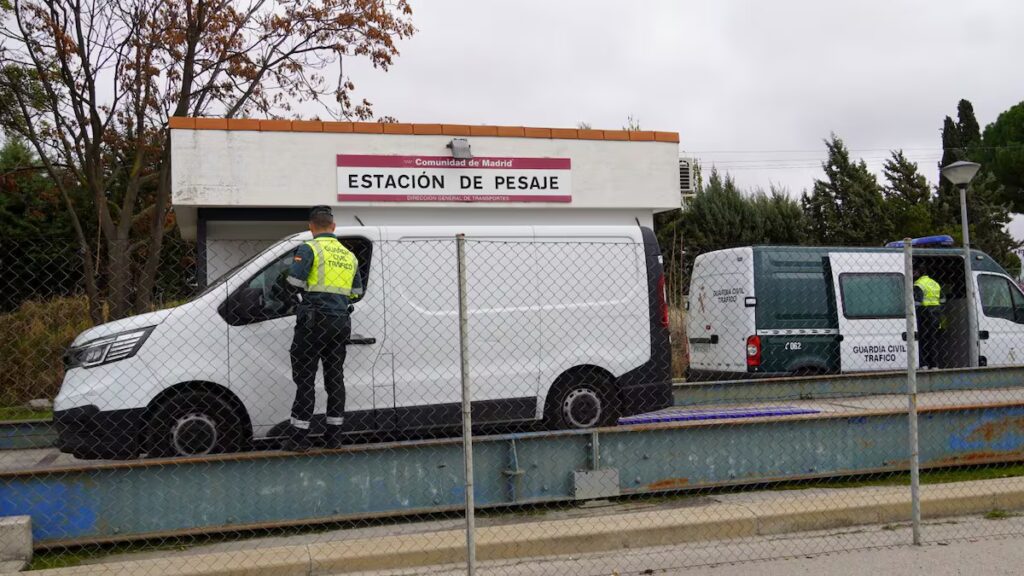
In the midst of Black Friday, the General Directorate of Traffic (DGT) launched this Monday and until next Sunday, 30 November, a van surveillance campaign, in which agents from the Traffic Group of the Guardia Civil and the local police will intervene. The checks will be carried out on all roads, especially on conventional ones – only one lane in each direction – as they are those with the highest accident rate in this sector. Surveillance will also be carried out near shopping centres, industrial areas and loading and unloading places.
Black Friday is characterized by a notable increase in purchases and many of them are made via e-commerce, which is why the number of shipments to businesses and private homes increases. This means that the activity of the van sector experiences one of the highest moments of the year.
The DGT plans to verify “the speed of circulation, the documentation of both the vehicle and the driver, the correct positioning and weight of the transported load, the presence of alcohol and/or drugs in the body of the drivers or if it is updated regarding the Technical Inspection of the Vehicle”, as explained by the deputy assistant director of vehicles of the DGT, Juan José Arriola.
The sector is under Traffic’s radar, especially in light of the very negative results suffered last year. In 2024 it was involved in 9,548 road accidents with fatalities in which 223 people died (of which 89 van occupants and 134 occupants of other vehicles or pedestrians involved in the same accidents) and 217 van occupants were injured and hospitalized. These figures represent an almost identical number of accidents (two fewer than in 2023) and a 71% increase in the number of deaths.
Part of this problem may, in fact, arise from the increase in e-commerce. In fact, delivery companies are expected to make up to 4.3 million daily shipments this week. Most are done in vans.
Special features
Traffic highlighted the differences between driving a van and a car, despite the license for both vehicles being the same. Vans have dynamic and usage characteristics different from other vehicles which make them different not only in terms of driving but also in terms of accidents, which is worth keeping in mind.
For this reason, the DGT and the Traffic Group of the Guardia Civil have established a specific working group to develop proposals, contained in an instruction published last August, focused on four main aspects: mobility, accidents, communication and prevention and operational planning of actions. The objective of the training is to improve the safety associated with the professional use of delivery vans, especially in urban areas and in areas close to population centers.
Furthermore, the so-called Operational Surveillance and Control Plan for Delivery Vans was approved in September, a comprehensive strategy, which includes campaigns such as the one presented today, Monday. Traffic insists that the objective is to strengthen road safety through a preventive, dissuasive, educational and coordinated approach focused on the main risk factors, such as speeding, alcohol or drug use, improper load positioning, distractions behind the wheel and technical deficiencies of tyres, brakes or lighting.
Seven deaths over the weekend
Seven fatal accidents occurred over the weekend in which seven people died, the Directorate General of Traffic (DGT) reported today on Monday.
Three of the deceased were vulnerable road users, specifically three motorcyclists. Three of the accidents were recorded on conventional roads – one lane in each direction – and the other four on a motorway or expressway. Four lapses and two collisions were recorded.
The incidents occurred in Elda (Alicante), Aldea del Cano (Cáceres), Algeciras (Cadiz), Guadalajara (Guadalajara), Gáldar (Las Palmas), El Bruc and Avinyó (Barcelona).
This year, according to DGT data, 1,003 people have lost their lives on the roads so far.





